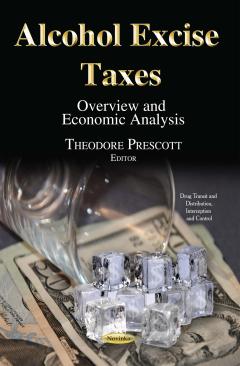The Earned Income Tax Credit: Overview, Economic Analysis, and Compliance Challenges
The Earned Income Tax Credit (EITC) is a refundable tax credit available to eligible workers with relatively low earnings. Because the credit is refundable, an EITC recipient need not owe taxes to receive the benefit. The credit is authorized by Section 32 of the Internal Revenue Code (IRC) and administered as part of the federal income tax system. In 2013, a total of $68.1 billion was claimed by 28.8 million tax filers, making the EITC the largest need-tested anti-poverty cash assistance program. This book provides an overview of the EITC, first discussing eligibility requirements for the credit, followed by how the credit is computed and paid; provides data on the growth of the EITC since it was first enacted in 1975; and includes data on the EITC claimed on 2013 tax returns, examining EITC claims by number of qualifying children, income level, tax filing status, and location of residence. Moreover, this book summarizes findings from the 2014 IRS study detailing the factors that can lead to erroneous claims of the credit, and describes the challenges the IRS may face in their efforts to reduce each type of error. It also examines the role of paid tax preparers on EITC error.
{{comment.content}}








 京公网安备 11010802027623号
京公网安备 11010802027623号